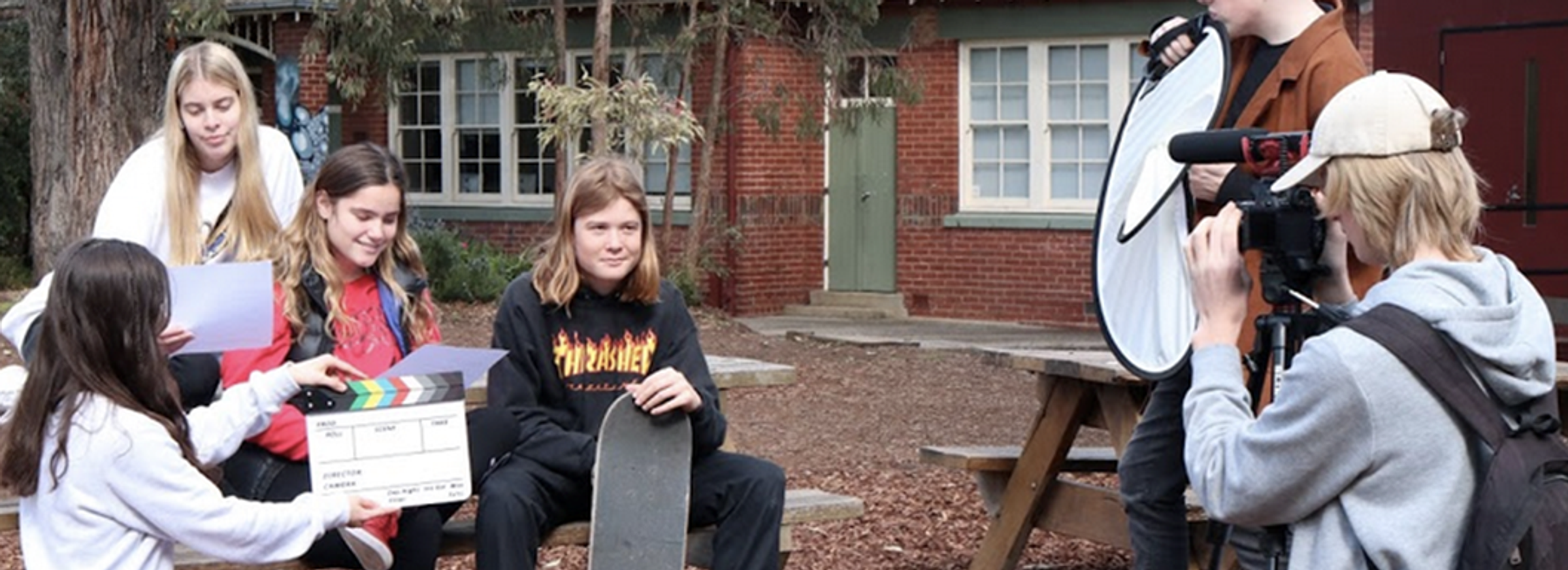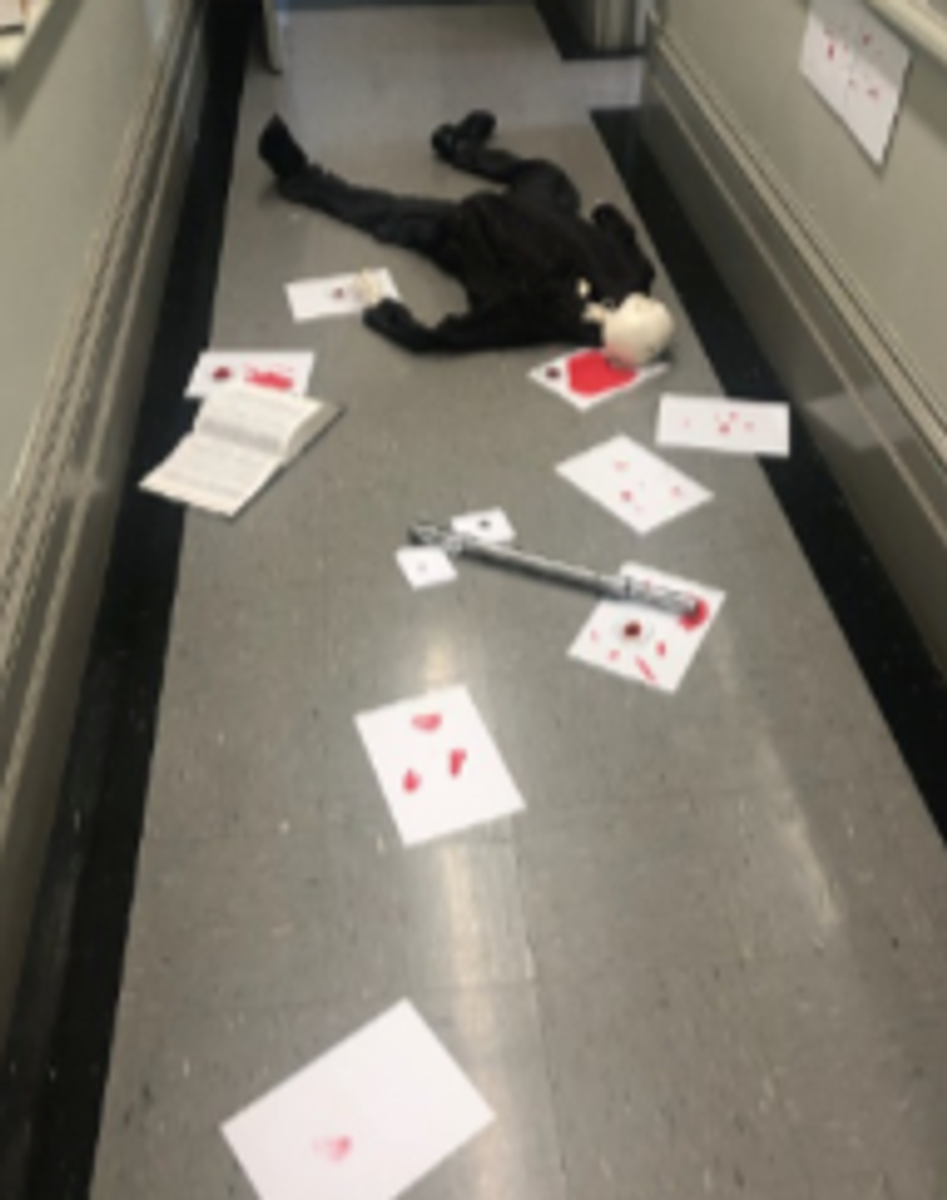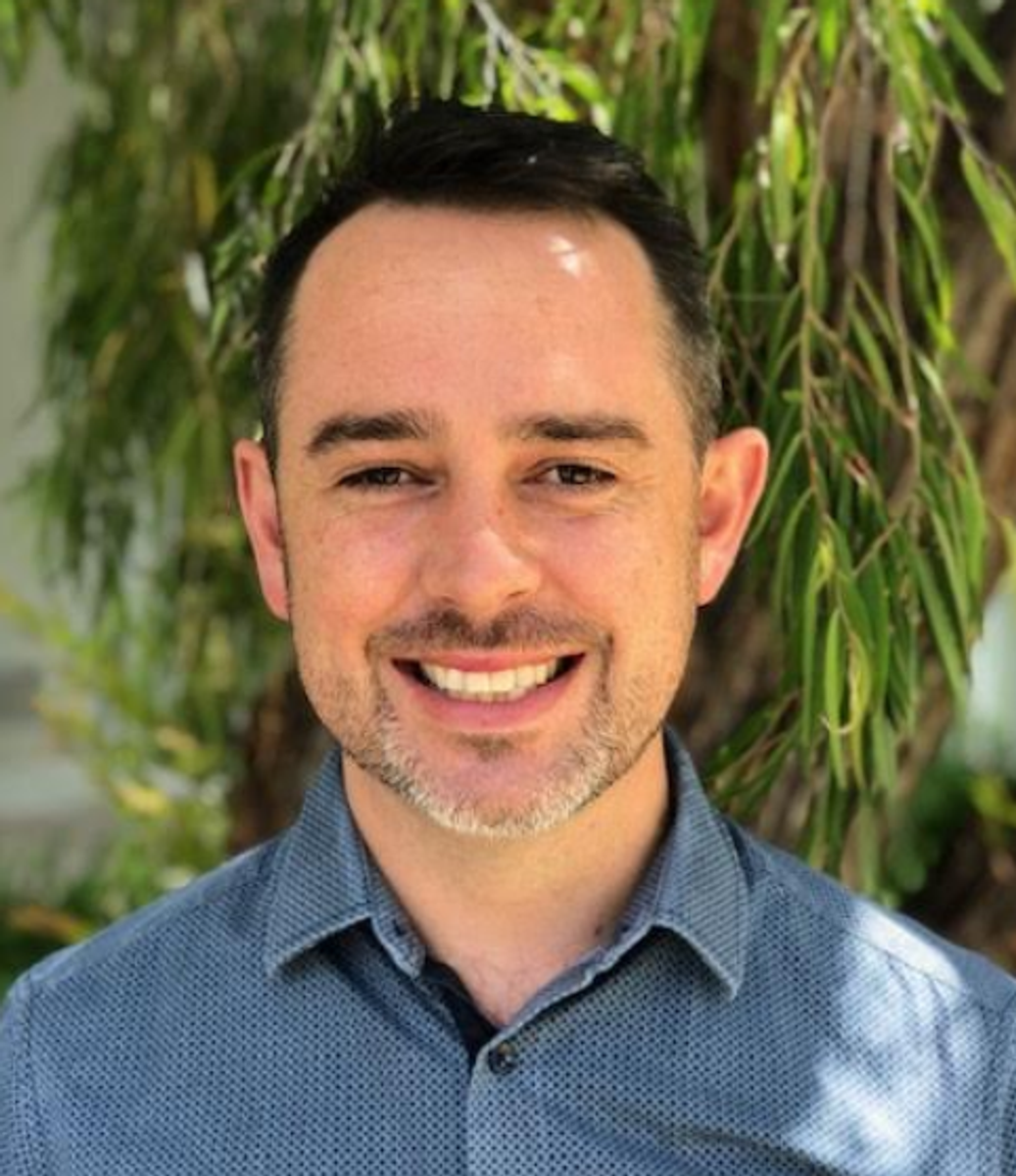From the Head of Campus

Experiencing work
Dear Preshil Community
Mindful of the upcoming events of Spring Dinner and Year 10 Work Experience, I have been reflecting on the aims and purposes of these in fulfilment of the School’s ethos of having the courage to question.
One such question often heard in schools is the age-old ‘When are we going to use this in the real world?’ While somewhat tired, its recurrence evokes something of the common adolescent experience, perceiving school to be a means of achieving ‘life’ beyond the walls of the classroom. This yearning is relatable, important in the development of purposeful skills and should be answered well, however it also poses some inherent dangers.
Seeing education as simply a means to an end undervalues the beauty of life in 'the now'. While our teenage years are often rife with the stresses of social jostling and academic pressure, there are few adults that I have spoken to who say they worked harder in school than they do now. If this is true, and when we are students we long for a time in our lives where we will work harder than we do now, then why don’t we embrace hard work more readily in school? Why the long groan when a difficult task is introduced? If we are so keen in making all of school activities practical to non-school activities, there should be cheers of delight when we introduce a radical new curriculum of data entry, meeting minutes, endless paperwork and ‘those phone calls you know you need to make’.
We would seek to recognise that life can be lived well right now, in school or otherwise, not in some predetermined, imaginary future.
In the mid-2000s, the ‘authentic learning’ movement sought to bring post-school life into the classroom. This movement changed education for the better in many ways, making sure that the academic worlds are not so far removed from other professions that we do not create effective citizens. This theory asserted that student engagement is higher as adolescents have a biological predisposition to mimic adults in the transition between childhood and adulthood in order to increase competency, status and power.
If we move too far in that direction, however, we are simply displacing the unique opportunities that school can provide for a diluted version of adult worlds. We must be cautious of creating institutionalised systems that subscribe to definitions of worthwhile living that serve to make citizens slaves to mortgages, big business and neoliberal agendas. Drone workers who obey unquestioningly are working towards somebody’s vision of the future, and it cannot be their own.
A more recent educational trend emphasising creativity in the classroom recognises that imaginative experiences in schools are not only important to living a satisfying life in ‘the now’, but also important personal capacities. A recent Science experiment, led by Felicity Robinson and Amy Bryne, merged both authentic and creative learning experiences, asking students to use their forensic skills in identifying the nature of a (mannequin) victim’s death.
Life does not begin after school. School is life and provides incredible opportunities to forge beautiful memories, relationships and empowering skills. Our schooling experiences, while accompanied by some pressures, contain opportunities for meaning and value in-and-of themselves, both as ends and means for human flourishing.
Matt Barker recently shared this quote with me which I will leave with you. It is written by the educational philosopher, Gert Biesta in The Beautiful Risk of Education:
I am interested in education as itself a creative “act” or, to be more precise, in education as an act of creation, that is, an act of bringing something new into the world, something that did not exist before. I am particularly interested in seeing education as a process that in some way contributes to the creation of human subjectivity.
Warmly
Dan
Daniel Symons
Head of Campus (Secondary School)


